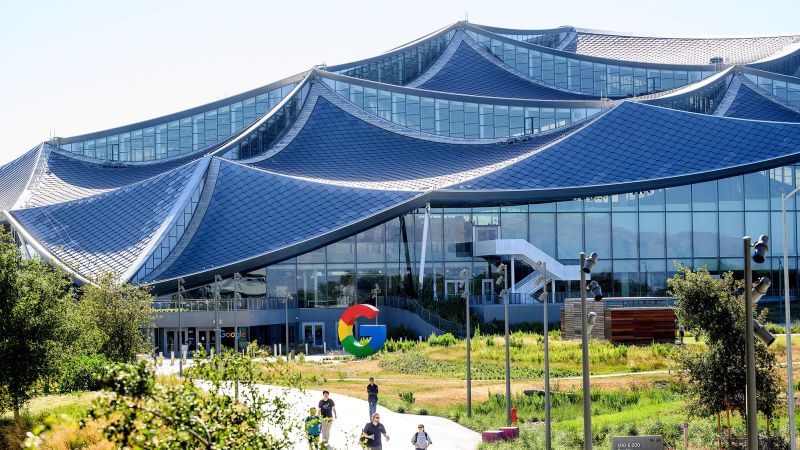President Cyril Ramaphosa’s cabinet has approved the Basic Education Laws Amendment Bill and the Electoral Amendment Bill for submission to parliament.
In a media briefing on Thursday morning (25 November), the minister in the presidency Mondli Gungubele said that the Electoral Amendment Bill would amend the Electoral Act of 1998 to make provisions for the election of independent candidates to the national assembly and provincial legislatures.
In a June 2020 judgement, South Africa’s Constitutional Court has ruled that the country’s Electoral Act is unconstitutional. It does not provide for adult citizens to be elected to the National and Provincial Legislatures as independent candidates.
The Electoral Act 73 of 1998 currently only allows political parties to contest in the country’s national and provincial elections.
“A conscious choice not to form or join a political party is as much of a political choice as is the choice to form or join a political party, and must equally be deserving of Constitutional protection,” Constitutional Justice Mbuyiseli Madlanga said in his ruling.
“Once an adult citizen is forced to exercise the S19 (3) (b) right to stand for public office through a political party, that diverts her or him of the very choice guaranteed to him not to join or form a political party. That cannot be.”
The court has suspended the judgement for 24 months to give the parliament time to make the necessary amendments.
Schools
Gungubele said that the Basic Education Laws Amendment Bill would amend the South African Schools Act of 1996 and the Employment of Educators Act of 1998 as part of a broad push to make schools more accessible in South Africa.
“The amendments, among others, give effect to universal access to two years of early childhood development, it also enforces accountability in school governing bodies and clarifies admission, language, and code of conduct policies,” he said.
Basic Education deputy minister Reginah Mhaule has previously indicated that the bill could introduce additional measures to hold principals, parents and governing bodies accountable for non-attendance. The bill, which will specifically focus on compulsory schooling between Grades 1 – 9, is also expected to hold parents more accountable than under current laws.
A 2017 version of the Basic Education Laws Amendment Bill proposed increasing the penalty provision from six months to as much as six years where the parent of a learner, or any other person, prevents a learner who is subject to compulsory school attendance from attending school.
The 2017 bill also proposes making it an offence for any person to interrupt or disrupt any school activity willfully or wilfully hinder or obstruct any school in the performance of the school’s activities.
Read: South Africa is making major changes to its borders – here’s what to expect





















Discussion about this post